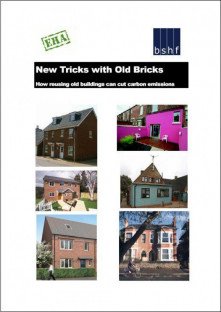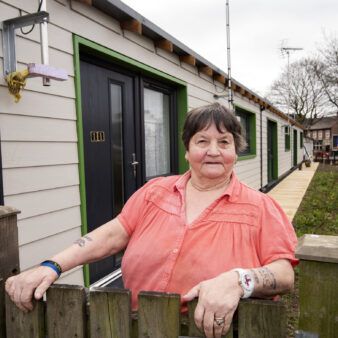
In order to reduce carbon emissions, is it better to demolish older houses and replace them with newly-built ones that are highly energy-efficient? This research, carried out in co-operation with Empty Homes, sets out to provide an answer.
In order to reduce carbon emissions, is it better to demolish older houses and replace them with newly-built ones that are highly energy-efficient? This research, carried out in cooperation with Empty Homes, sets out to provide an answer. The study calculates the carbon emissions given off both in the construction of new homes and the refurbishment of older properties, as well as in the following fifty years of domestic use.
The study shows that although new homes are more energy efficient once built, 50 tonnes of carbon emissions are generated in their construction, compared to 15 tonnes for the refurbishment of an existing property. In most of the houses studied, it took more than 50 years for this difference to be compensated for by the lower carbon emissions generated from the day-to-day energy use.
More than one third of the nation’s housing stock pre-dates 1945 and, at current rates of demolition, will take several centuries to replace. This study shows that refurbishing existing houses has a crucial role to play in reducing carbon emissions from the UK housing stock.



Join the discussion